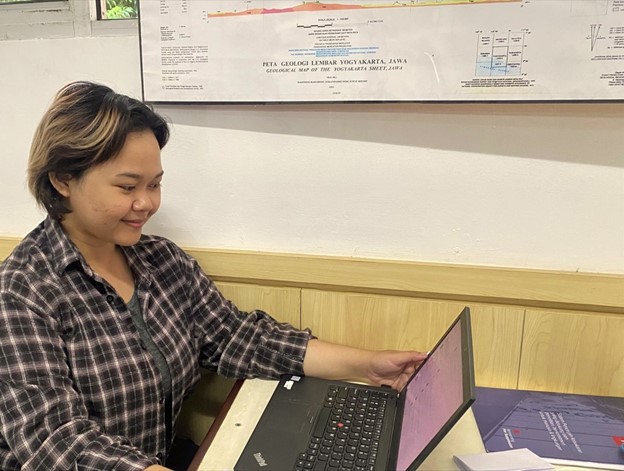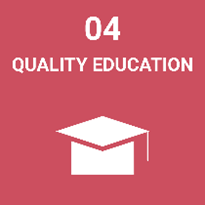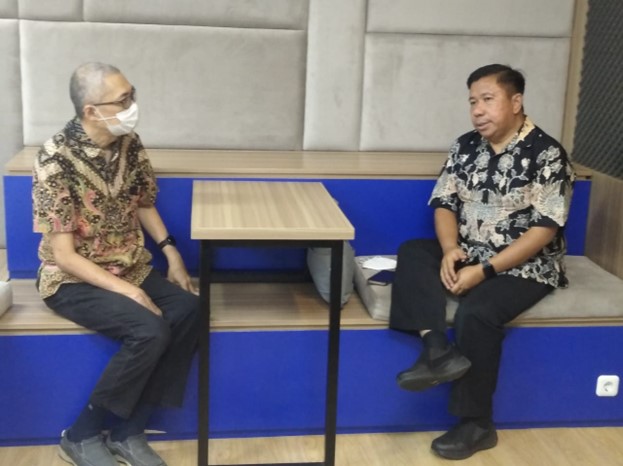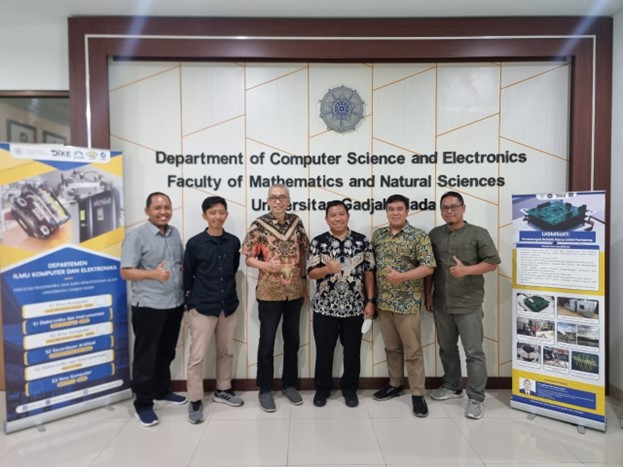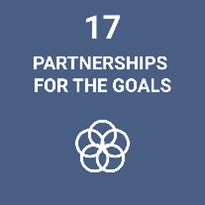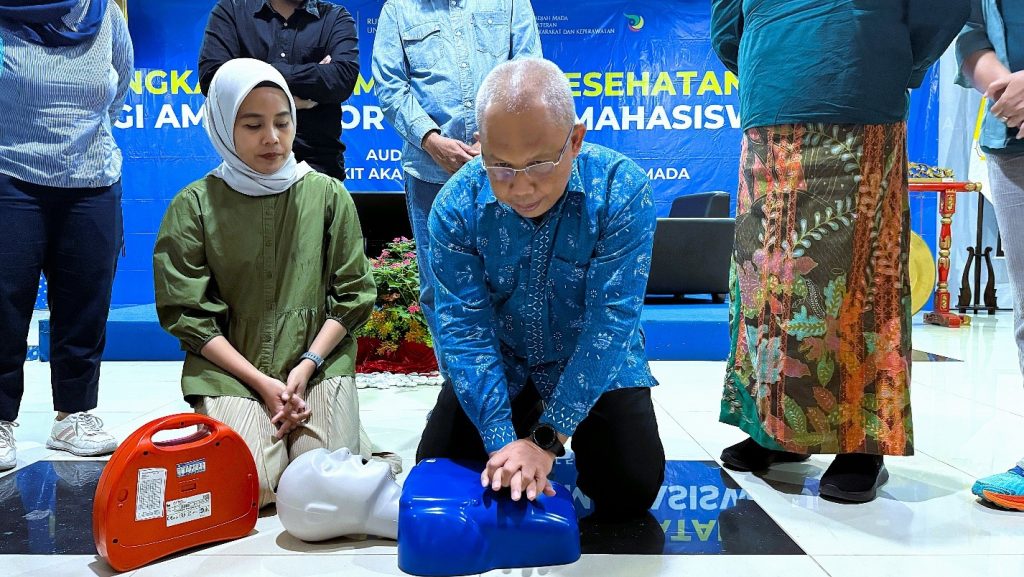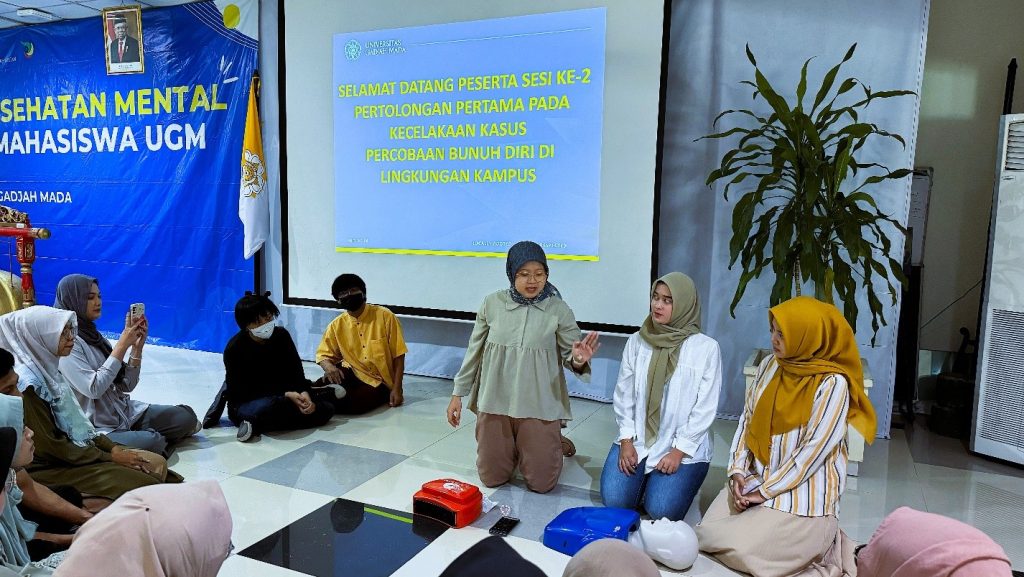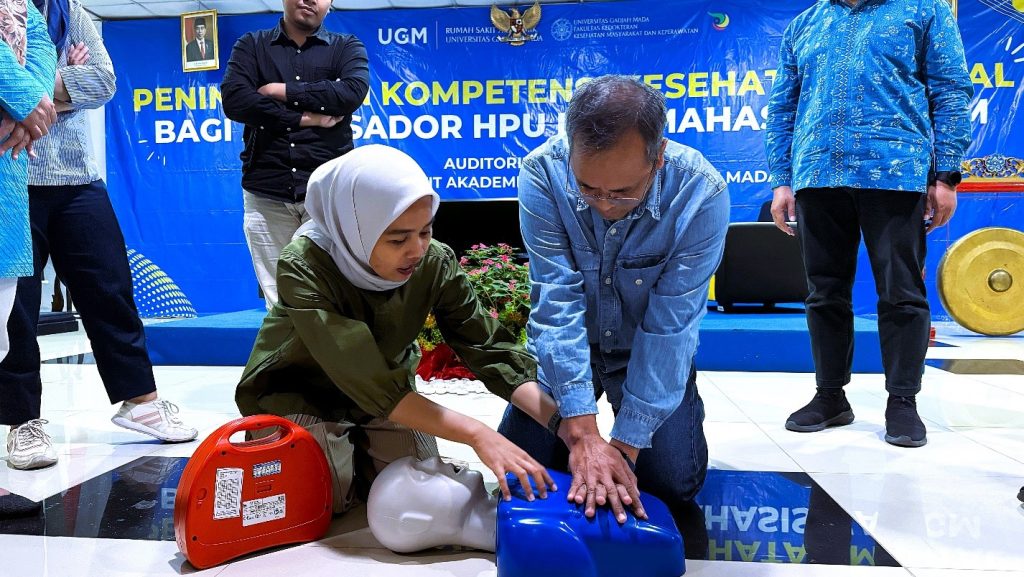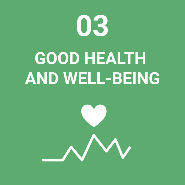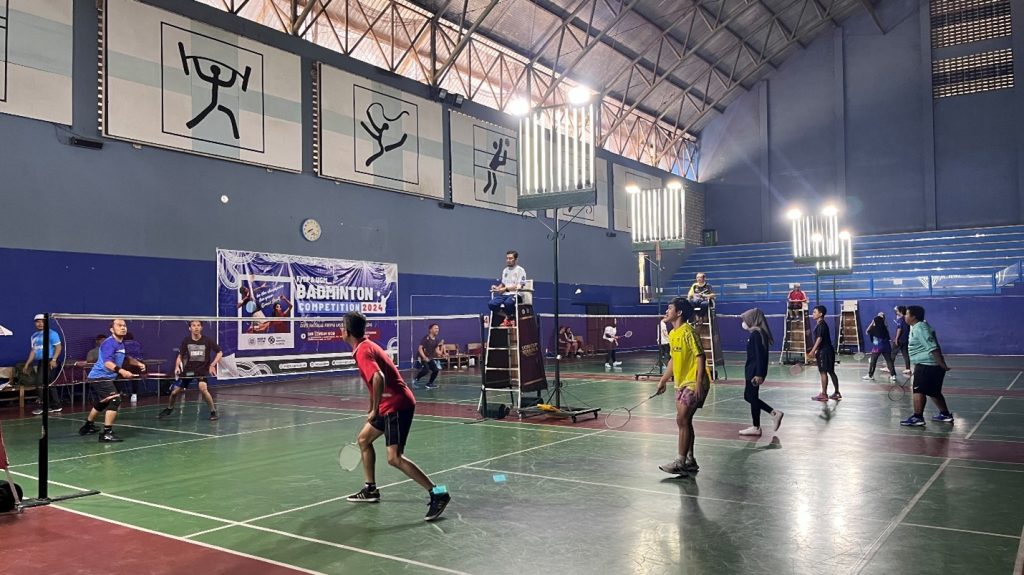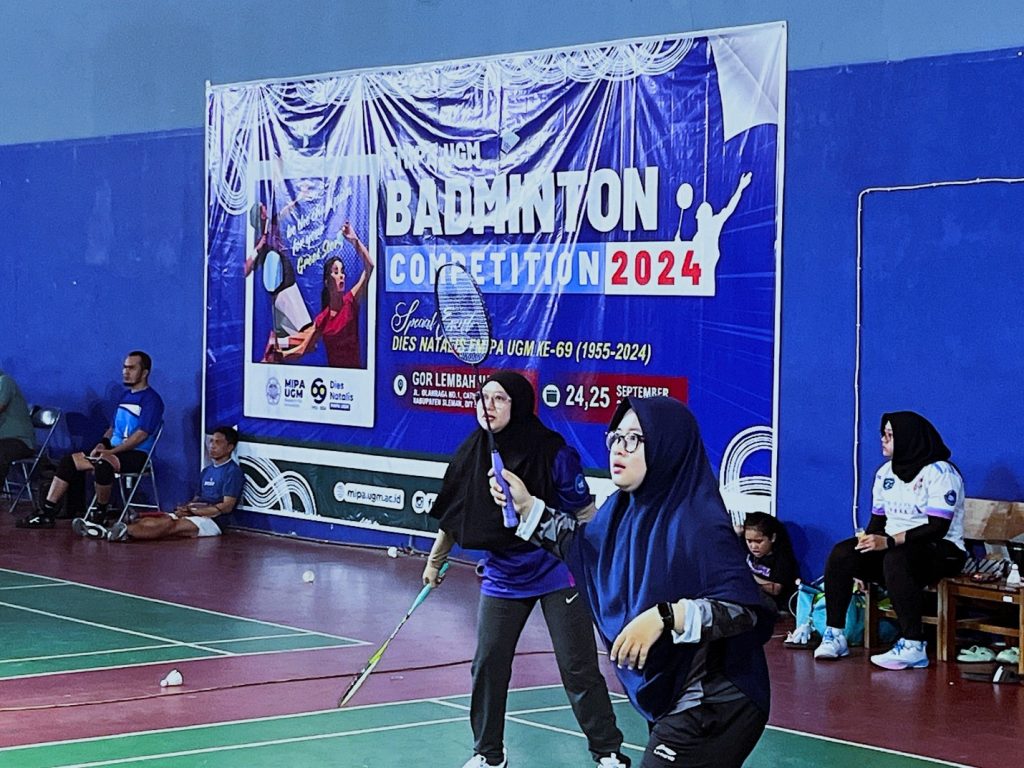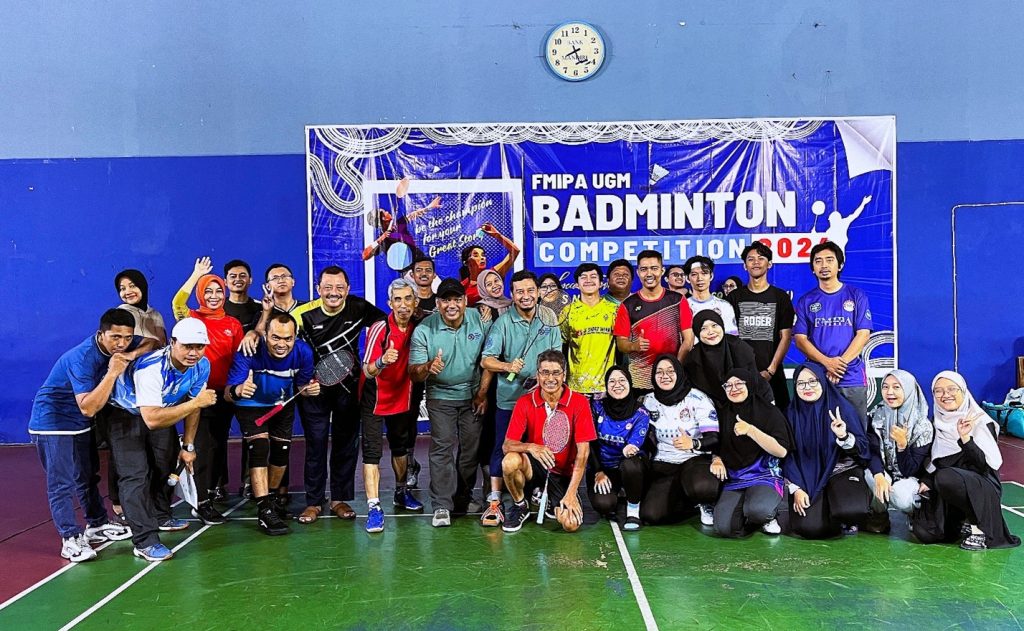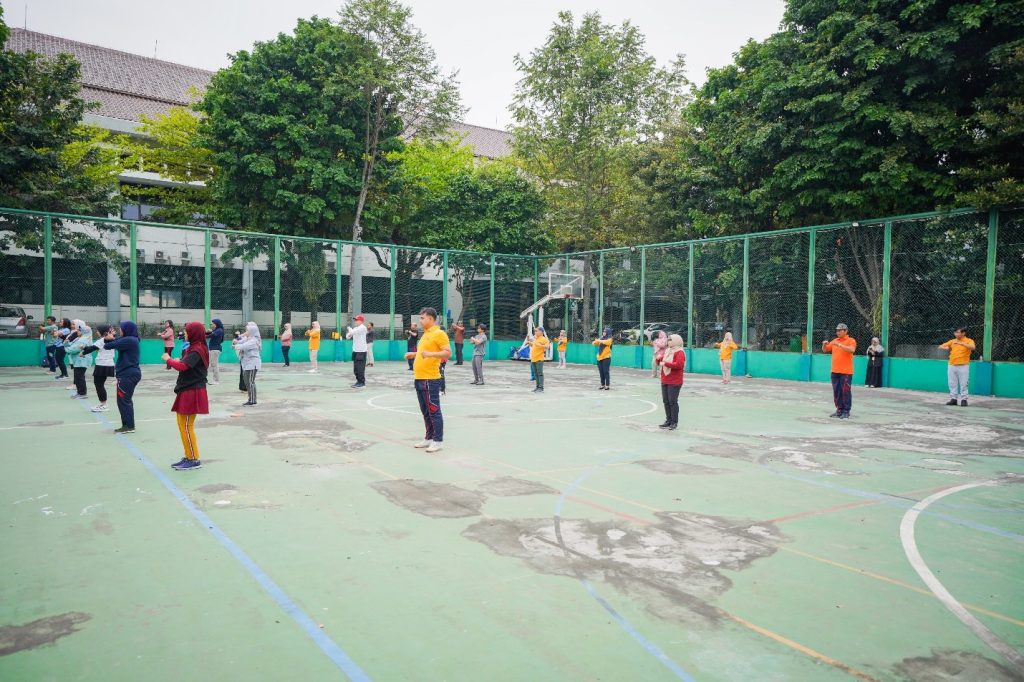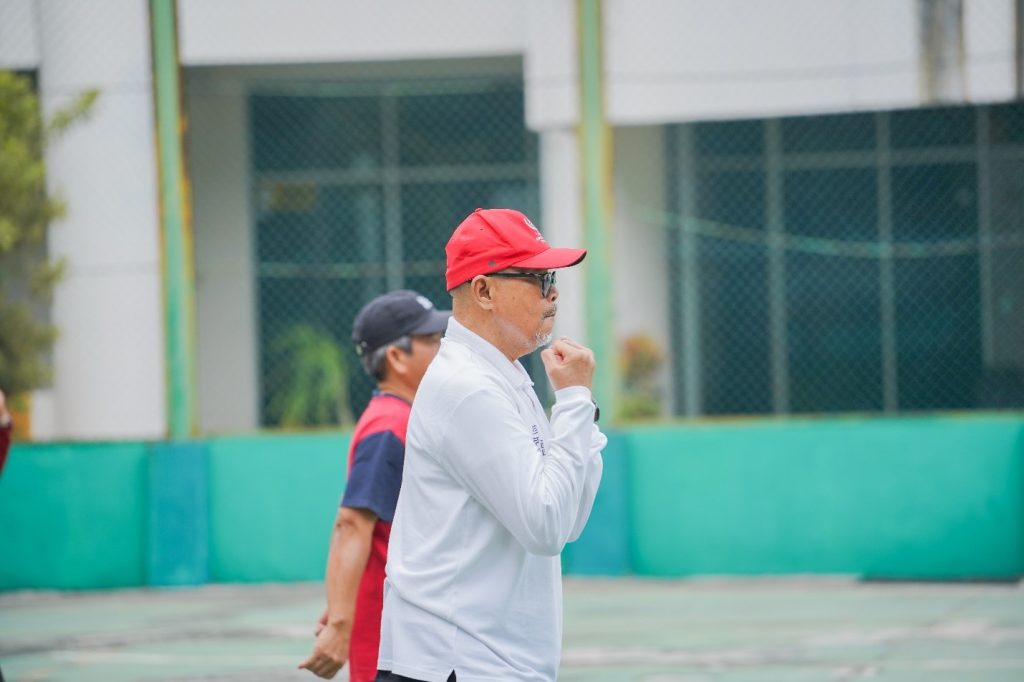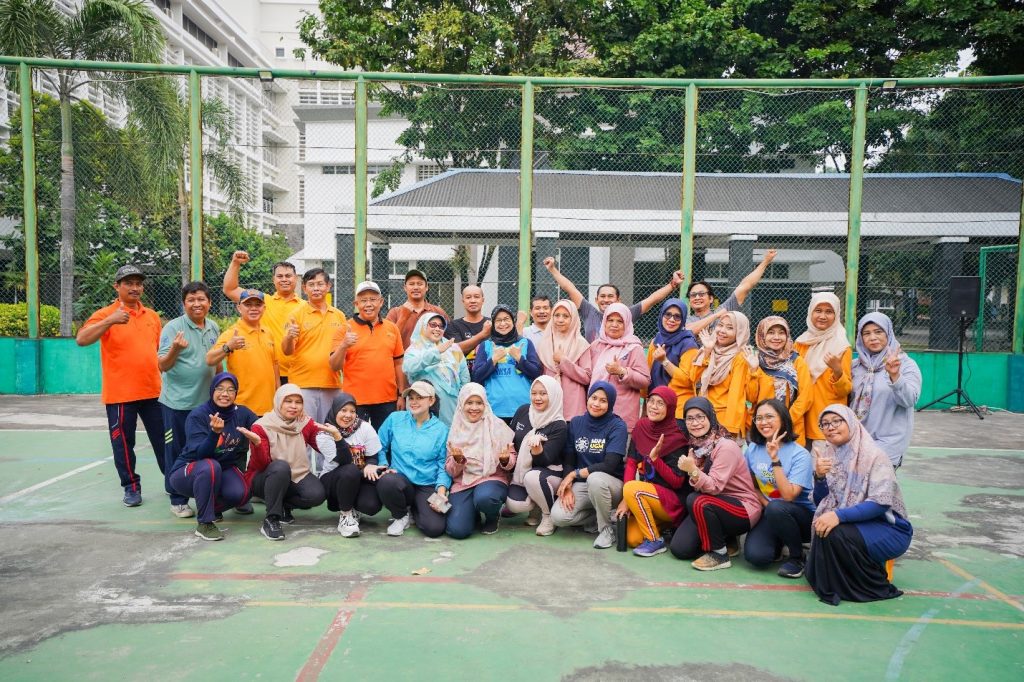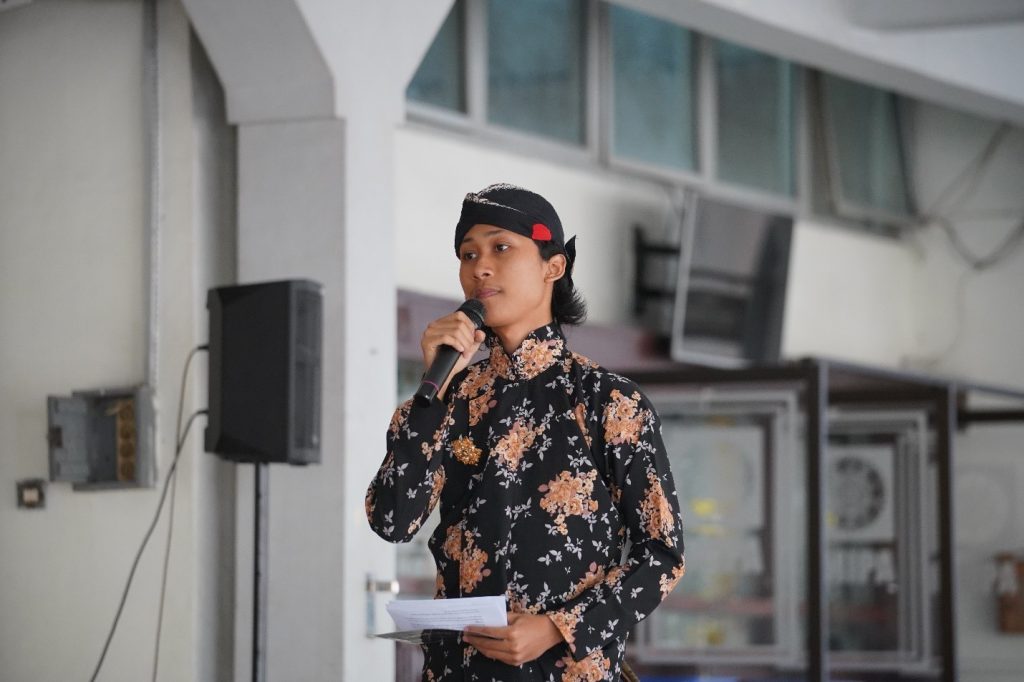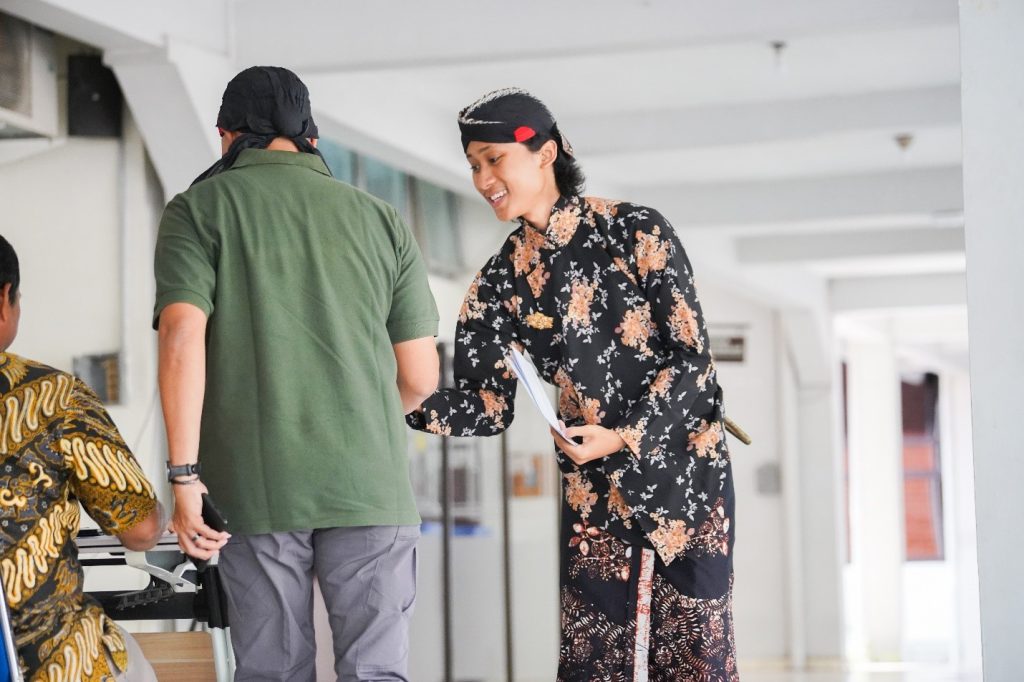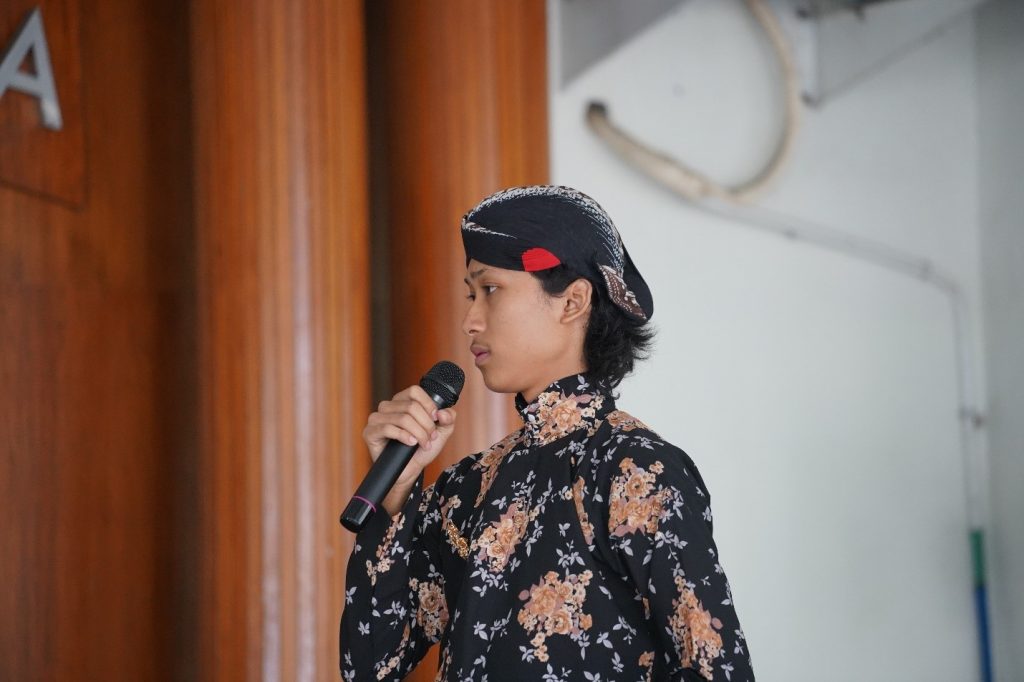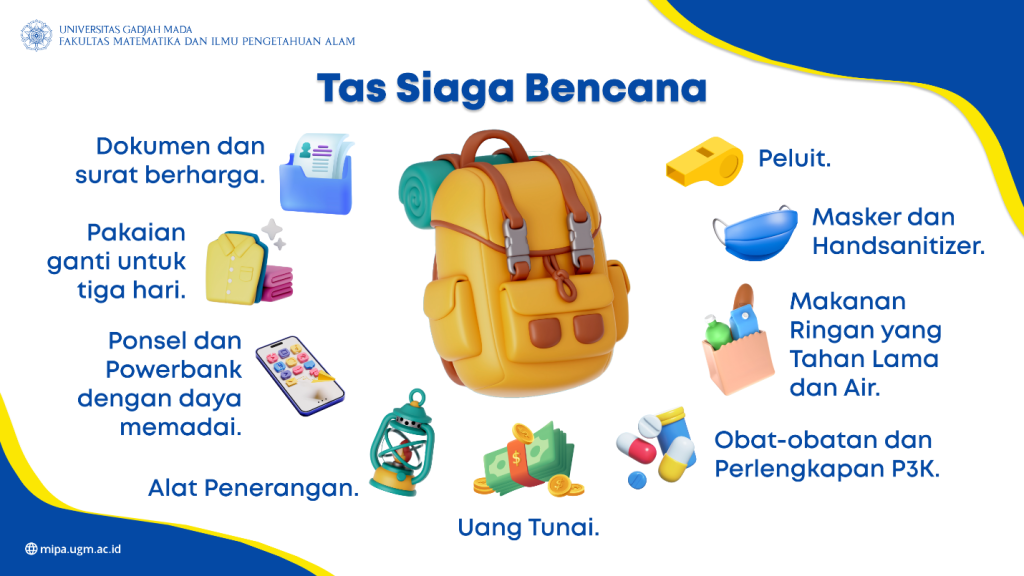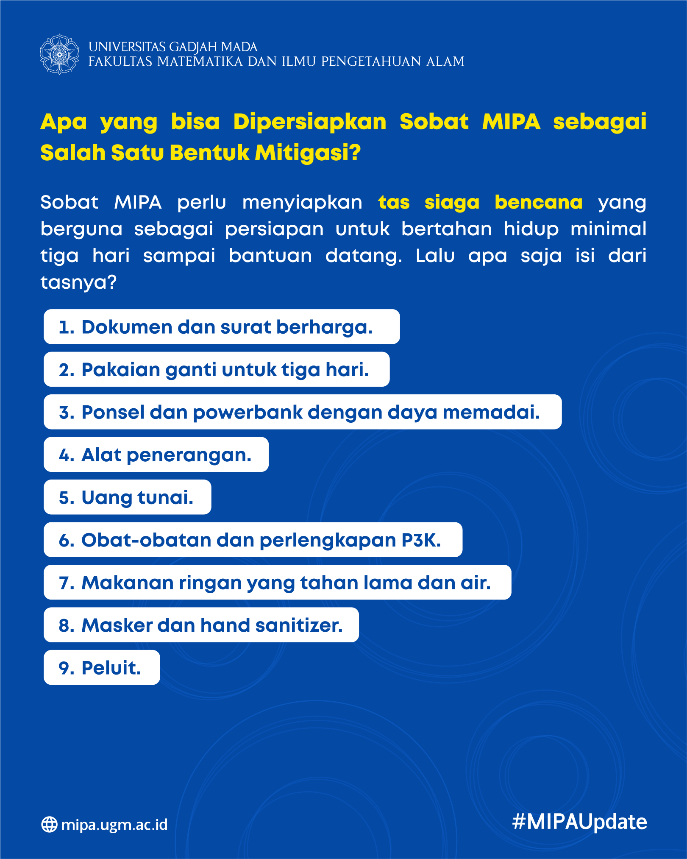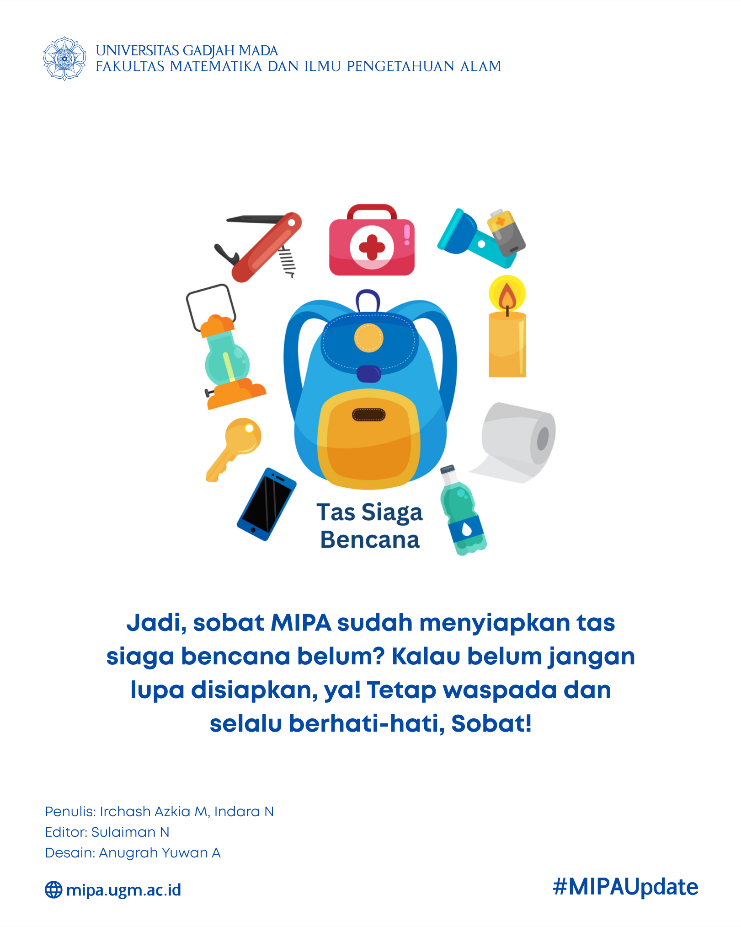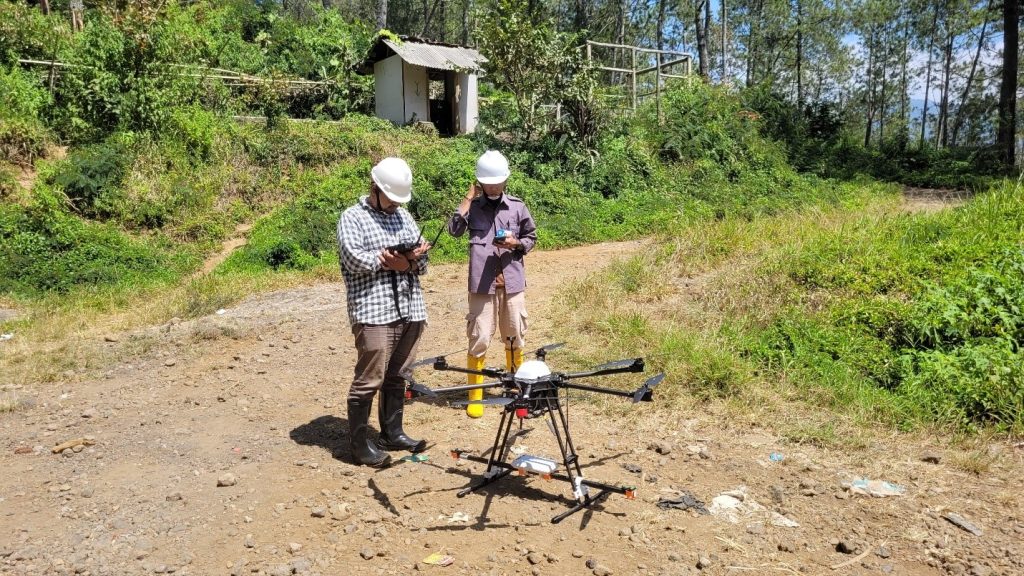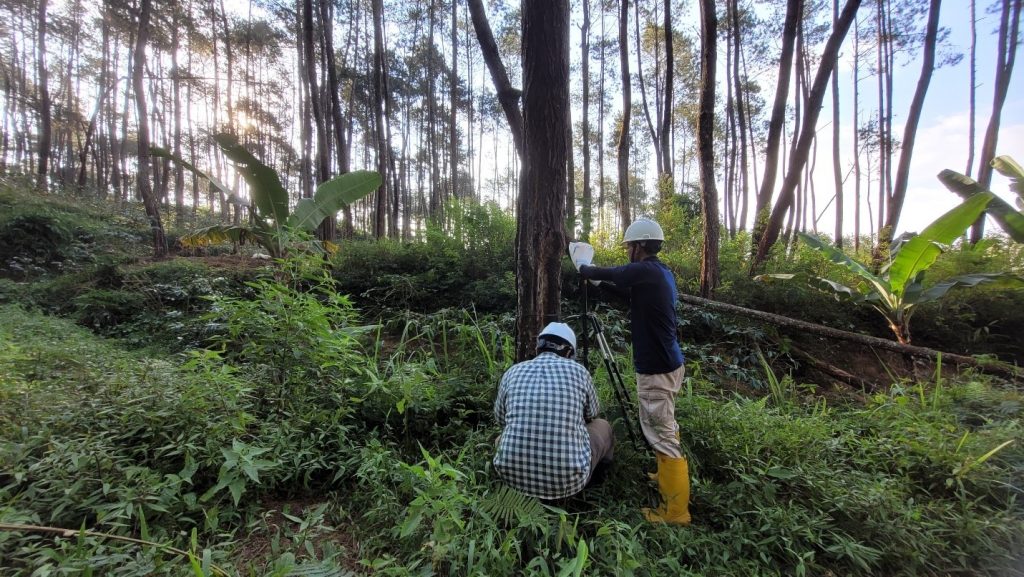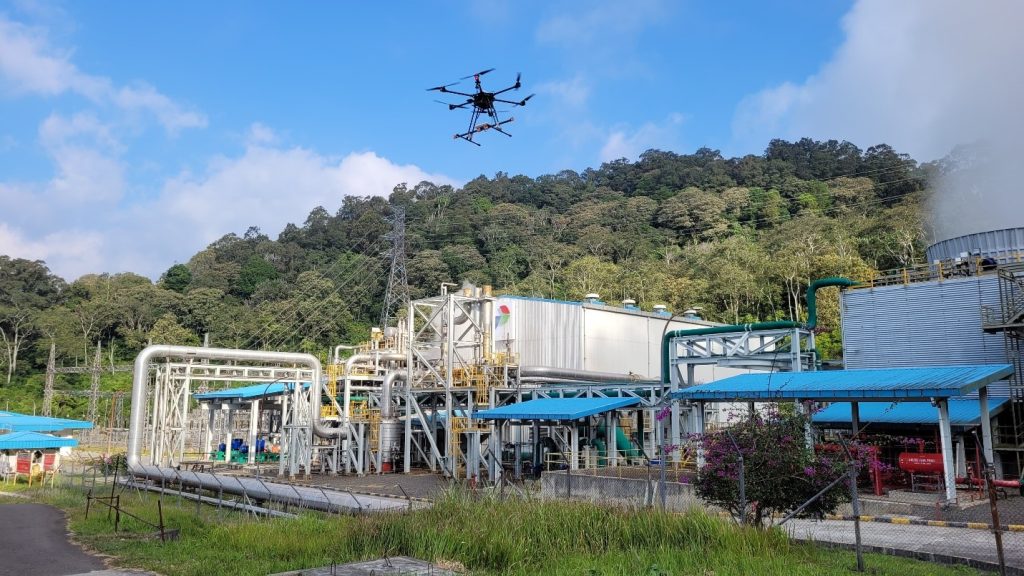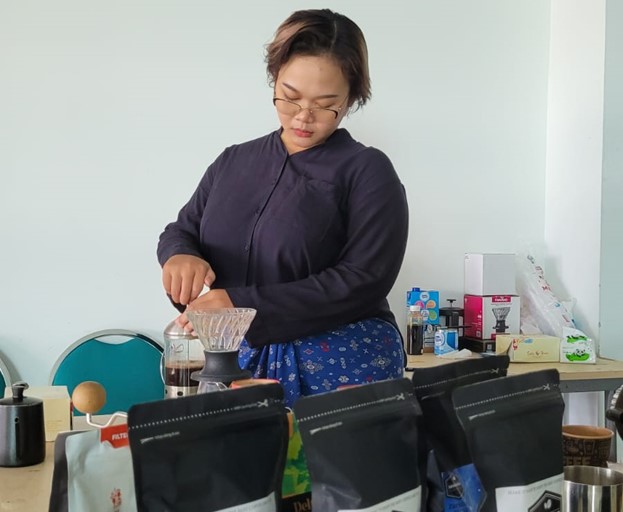
Sosok Milia, Mahasiswa FMIPA UGM Mahir Racik Kopi: “Ilmu Sains di Dunia Kopi”
Milia, mahasiswa program studi Geofisika FMIPA UGM tidak hanya mahir dalam melakukan riset dan studi di bidangnya tetapi juga di keterampilan lain seperti meracik kopi dari biji kopi pilihan. Melalui kemahirannya, Milia selalu membantu dalam pemilihan dan peracikan kopi yang biasanya disajikan untuk mitra dan sivitas akademik di FMIPA UGM seperti Pertamina dan BRIN.
“Saat ini, baru nyambi kerja sebagai asisten riset di Geoseismal Research Center. Awal mulanya di kopi yautu butuh uang tambahan. Tapi, makin ditekuni ternyata asik juga ya belajar kopi. Selain bisa kenalan sama banyak jenis kopi, bisa juga mempertajam Indera, memperbanyak relasi, dan belajar gimana cara hospitality yang baik,” papar Milia.
Sebagai mahasiswa Geofisika, dirinya mengaku bahwa ilmu sains yang didapat turut membantu kompetensinya dalam peracikan kopi.
“Nah, dalam pembuatan kopi ini banyak banget unsur sains yang bisa dipelajari. Karena kalau jenis kopi yang dipakai berbeda, suhu dan teknik penyeduhan yang dilakuin juga harus berbeda. Jadi, di sini aku juga belajar tentang jumlah dan besar molekul, perpindahan kalor, massa, tekanan, dan masih banyak lagi parameter fisika dan kimia yang bisa diterapkan dalam proses pembuatan dan penyeduhan kopi. Terus, ternyata morfologi dan jenis tanah juga berpengaruh banget sama rasa kopi yang dihasilkan. Nah, ini menarik juga untuk dikulik sebagai mahasiswa yang belajar geologi hehehe. Nah, jadi barista dan kenalan sama kopi ini makin lama bikin aku makin semangat untuk belajar karena bisa lihat langsung penerapan rumus-rumus di dunia nyata,” terang Milia.
Sebagai seorang barista yang mahir meracik kopi, dirinya merasakan banyak sekali manfaat yang bisa didapatkan dan merasa tidak pernah takut dalam mencoba hal baru. Milia juga berharap dapat meneliti tentang hubungan rasa varietas kopi dengan kandungan mineral pada tanah.
Cerita sosok Milia sebagai mahasiswa yang mahir dalam meracik kopi serta menerapkan ilmu sains yang dimiliki menjadi cerminan dari SDGs nomor 4 yaitu Pendidikan Berkualitas melalui peningkatan keterampilan di bidang pangan dengan kompetensi memilih dan meracik kopi yang berkualitas menjadi suguhan yang Istimewa. Selain itu, kopi racikan Milia sudah dinikmati dan diakui mitra yang berkunjung seperti BRIN dan Pertamina yang turut menikmati racikan dari tangan Milia.
Penulis: Febriska Noor Fitriana
Dokumentasi: Millia Vianni
